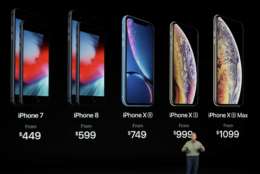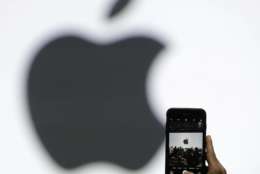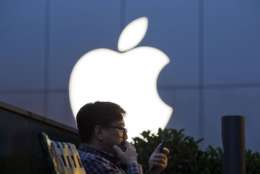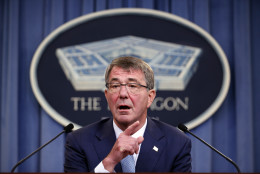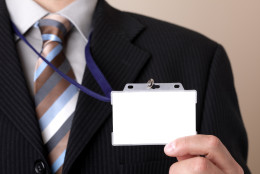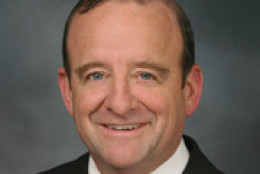Hubbard Radio Washington DC, LLC. All rights reserved. This website is not intended for users located within the European Economic Area.
On Air: Federal News Network
Apple
-
Online services are supposed to be uncomplicated. It's the programmer's job to mask complexity.
September 18, 2018 -
IT marketing legend Regis McKenna joins host Mark Amtower on this week's Amtower Off Center for a wide ranging discussion of his marketing philosophy and his experiences in working with clients Apple, Intel, 3Com and other companies in Silicon Valley in the 1970s and 80s. September 10, 2018
September 07, 2018 -
Given the new iPhone's price, federal CIOs may decide to wait for its security features.
September 12, 2017 -
The government has a history of building monumental projects. In that sense, it's always acted like great American companies.
July 31, 2017 -
The White House kicked off tech week by hosting 18 private sector technology leaders from companies such as Amazon, Apple and Google at the American Technology Council meeting.
June 20, 2017 -
DoD's Defense Innovation Unit Experimental fell on hard times, but it could be hitting a resurgence.
September 14, 2016 -
Objectively speaking not one soul will be any the worse for not shelling out for a new iPhone.
September 06, 2016 -
To better cybersecurity, government agencies are starting the change the way they authenticate identities.
August 25, 2016 -
Apple's revenues fell 13 percent in its latest reporting quarter as sales of iPhones dropped 16 percent. But fundamentally Apple at the moment is lacking the next killer product or the next big thing.
April 27, 2016 -
Those with delicate privacy sensibilities or who thought Apple was a cultural phenomenon rather than a shrewd manufacturer, well, sorry if you're disappointed.
March 29, 2016 -
D.C. attorney and former federal prosecutor Steve Ryan of McDermott, Will & Emery discusses the future of the dispute between the Justice Department and Apple.
March 02, 2016 -
I see the FBI-Apple dispute as a cyber version of the "ticking bomb" conundrum: What means are justified to get information from a terrorist when you know there is a bomb ticking somewhere about to kill innocent people?
February 18, 2016 -
Commentary: No metric can really capture the essence of any object or program, or the people\'s dedication to it, says Federal Drive host Tom Temin.
June 04, 2015 -
The Defense Department is in the final stages of a test to show how derived credentials from the Common Access Card can secure smartphones and tablet computers. Richard Hale, the deputy CIO for cybersecurity, boldly predicts that by the end of the calendar year the military will be issuing derived credentials on mobile devices.
April 03, 2015

